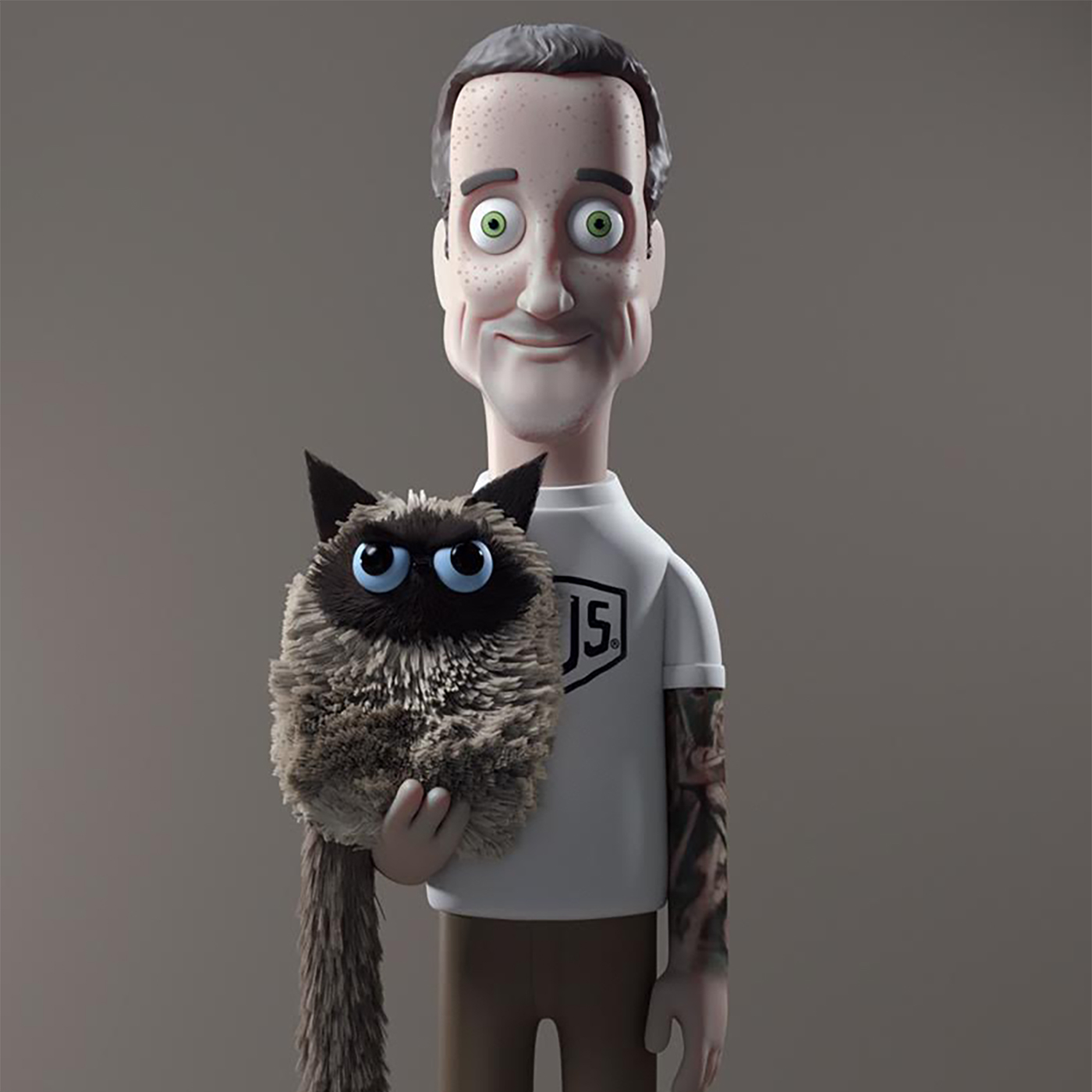The horse was lean and lank, misfortune seemed his lot. We ran into a drifted bank and there we got upsot. “Upsot”? Jingle bells, jingle bells, jingle all the weekend.
How rubber bands are made (thanks, T):
https://www.youtube.com/watch?v=6TIXDbxtzMY
David Bowie’s top 10 tips:
And Prince’s:
And Tarantino’s:
And David Lynch’s:
And Maya Angelou’s”
Christmas reputation management (thanks, R).




